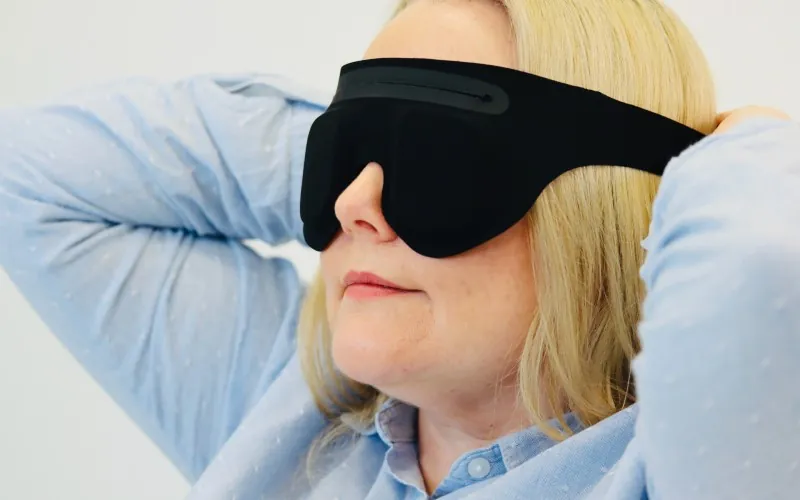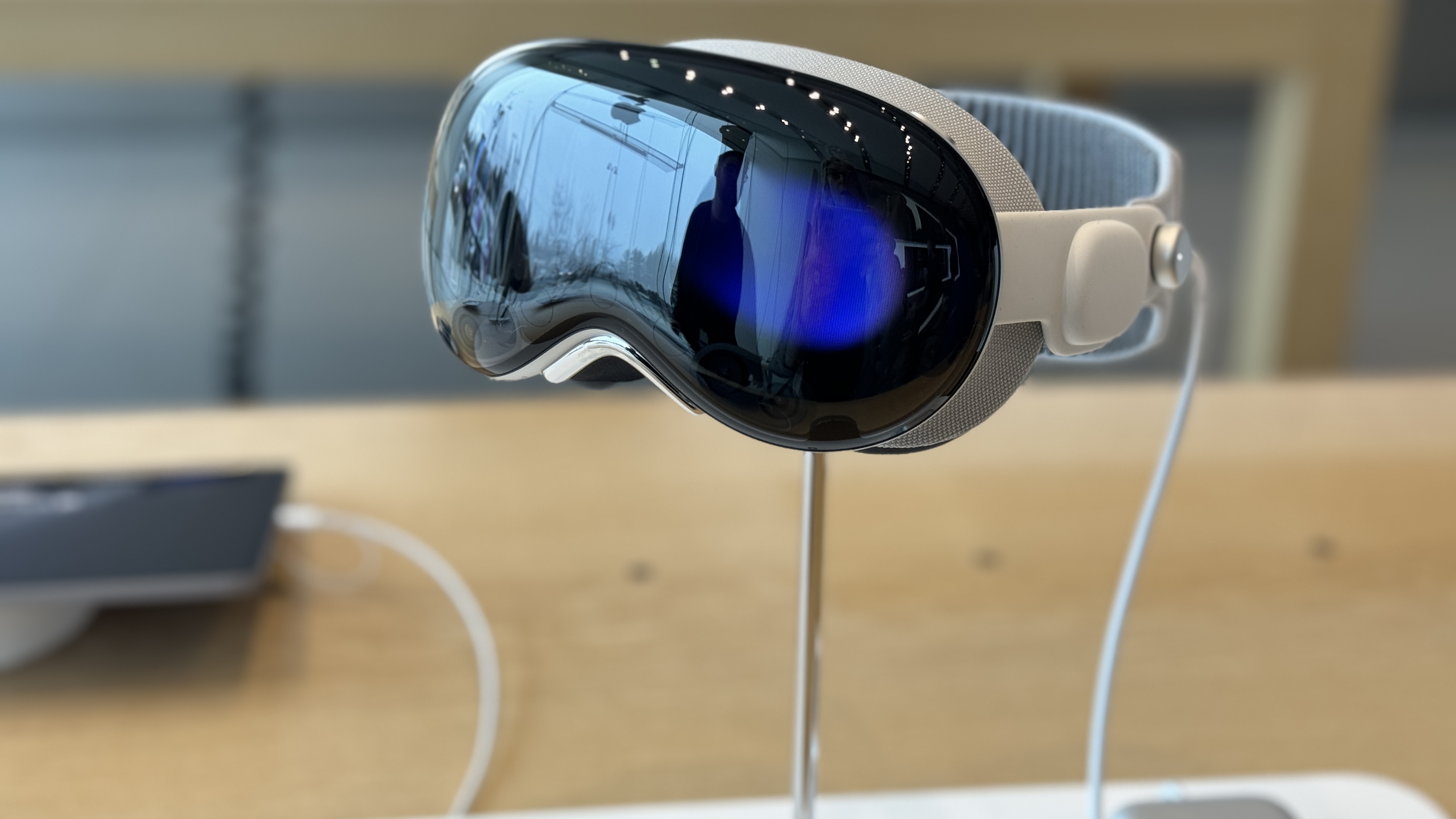A ground-breaking treatment to prevent blindness in people with diabetic retinopathy will benefit NHS patients for the first time.
The Noctura 400 Sleep Mask from PolyPhotonix has been commissioned by Ashford and St Peter’s NHS Foundation Trust. The mask has been shown to improve patients’ visual acuity and could save the health service millions of pounds a year.
The mask demonstrated improvement and stabilization of diabetic eye disease in 96% of patients. It is an early, non-invasive alternative to current invasive, later-stage treatments such as eye injections for patients with the disease, which is the leading cause of blindness in Europe.
Improving patient outcomes through early intervention could save the NHS £3,000 per patient, according to research by Ashford and St Peter’s NHS Foundation Trust. It is estimated that the sleep mask could save costs in excess of £180 million a year if adopted by the NHS.
Moreover, it could ease the pressure on NHS services by reducing visits to hospital clinics and the use of injectable eye treatments at a later stage. Diabetes is a major public health crisis facing the UK, costing the NHS around £10 billion a year, most of which goes to treating complications, including sight damage.
The current NHS pathway involves monitoring patients with early signs of diabetic retinopathy until their eyes deteriorate and they are eligible for treatment. However, the Noctura 400 Sleep Mask uses early intervention to prevent future problems before they start.
A medicated sleep mask can be worn during normal sleep and can prevent the need for expensive and intensive injections directly into the eyeball, which can be stressful and unpleasant for patients and carry the risk of side effects.
Michelangelo Biaziucci, 64, from London, is one of the patients whose life was changed by using the sleep mask. “After my GP referred me to the hospital, I was diagnosed with diabetic retinopathy. Part of my treatment for this was eye injections, and looking back I don’t know how I put up with them!” he said.
“I was relieved that my consultant soon prescribed a mask. I would say the mask has given me my life back – not only can I see much more clearly, but I can do my job safely again. As a driver, I can work safely again, especially at night, thanks to the mask.”
The mask supports or improves the patient’s vision and the physiological effects of diabetes on their eyes by providing a precise level of light at a specific wavelength during the patient’s normal sleep hours at home. Noctura 400 provides dim lighting to prevent the eyes’ increased need for oxygen at night and reduces the harmful effects of diabetic retinopathy on patients’ vision.
Ulrich Mayer-Boettling, consultant ophthalmic surgeon at Ashford and St Peter’s Hospitals NHS Foundation Trust, said: “The Trust’s decision to offer a sleep mask as part of its diabetic retinopathy pathway is great news for both patients and the NHS.
“For patients, this is an option for painless treatment of their condition. It’s non-invasive and they’re essentially being treated while they sleep. It also doesn’t require patients to visit the hospital as often, giving them back more time.
“This represents a gentler approach to treating or even preventing diabetic retinopathy and diabetic macular edema. I am proud that most of the patients I have treated with the mask have shown stabilization and improvement in their diabetic eye disease.”
Earlier this year at Sedgefield PolyPhotonix has signed a multi-million dollar deal with the US in a global strategic alliance with Prevail InfoWorks to lead FDA-regulated human clinical trials of Noctura 400.
CEO Richard Kirk said: “For the NHS, treating patients with diabetic retinopathy with the Noctura 400 sleep mask is a cost-effective alternative to existing treatments.
“At a time when our health budgets are already stretched, adding a sleep mask to existing care pathways makes good financial sense, helping health services recover from the pandemic and freeing up hospital admissions for those most in need of emergency care.
“Most importantly, it prevents problems before they occur and allows doctors to improve patient care.”
Adoption of sight-saving sleep mask ‘could save NHS millions’











